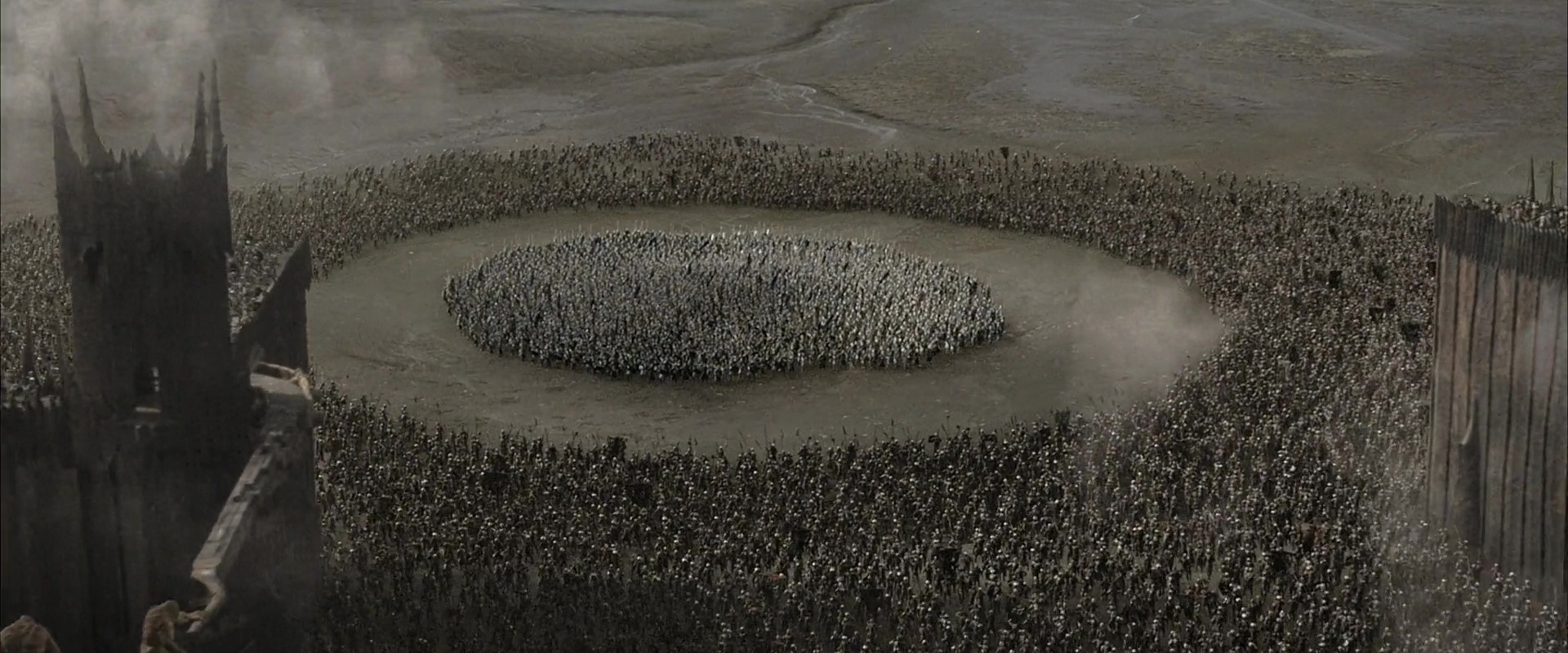
Charon the Boatman ferries dead souls a.k.a. shades (the ones who received proper burials, and had obols under their tongues) from the Banks of the River Acheron through to their respective destinations in the Underworld/Tartarus past interesting rivers and stops along the way. Here are some of the inconsistencies about this whole scenario that got me wondering:

Why do shades, who supposedly ‘fly’ from their human dead bodies, need to sit in a boat? Are they unable to swim? Is the River Acheron (the River of Pain) so named because it would be painful to cross, or dangerous even, for these already-dead shades, without Charon’s help of passage? And if so, why? What happens if they were to dip their transparent and immaterial toes in? Aren’t they already dead, or do shades get bound by some new paradigm of existence once they’ve crossed over into the world of the dead? Are they in pain every second they spend hovering, waiting for Charon to ferry them?
Also, do they weigh his boat down? What exactly is “At-capacity” for Charon’s boat/skiff/barge? Has the vehicle been upgraded over the years, with all the obols they pay him? If shades are immaterial, there should be unlimited space on his boat for them — both in terms of volume and weight. When then does Michelangelo depict a grumpy old man batting away crowds of shades from his “at capacity” boat?

How does Charon actually decide who gets to get on his boat and who doesn’t? How can Charon possibly tell by looking at a shade/psyche/transparent soul (can he see shades, with those fiery, burning, eyes?) whether they have received proper burial or not? How do they carry obols with them to give him if their souls can’t interact in the material world of the living? Or are the obols also translucent and “shady” like them??? Or do shades ‘materialize’ in the world of the dead intact with burial props, obols, dress, etc? And, more importantly, how do all the shades of this world know how to converge on the Banks of Acheron? Does that place, or Charon himself, have some kind of magnetic pull or call that irrevocably beckons them?
Here’s another puzzle: the Ancient Greeks were more afraid of ghosts than of Hades themselves. So Hades’ realm, the Underworld, was stocked with monsters to guard them. Among them, Cerberus, the Hundred-Handers, and principle henchman, Charon. Principle henchman! Charon patrols the river Styx, waterway of Hate. Waitaminute. Charon is the guard over all other guards when it comes to keeping the souls in? He doesn’t just ferry them in, but also makes sure they don’t get out? Why? What does Charon have, that strikes er…. mortal fear into the heart of souls that Cerberus and the Hundred Handers lack? And why does he have to patrol the river Styx? Is that because the Styx is one of the few ways out of the Underworld? Also, where does he find the bloody time to do that, when new souls crowd the Banks of Acheron every day and he spends 2 hours ferrying each boatload across? Can Charon bend time? Or is he some crazy oar-rower high on steroids? Does he not sleep, eat, or take a break?! What happens if Charon ever fell ill or went on holiday?
Speaking of which… does Charon ever make mistakes? I.e., ferry souls across who were not buried properly? I mean, say they did not have Homer or Lucian writing epic poems for their characters to dramatize their lack of burial. Say they haunt the living and no one in the mortal realm ever buries them. What then happens? Just a second.
Back up. If Charon patrols the Styx and is one of the main guardians of souls in the Underworld, how do souls haunt the living? Do some of them slip out? Is Hades aware of that? Does Charon point the finger at one of the hundred-handers, or Cerberus, when such a slip-up occurs? Actually, does any mortal ever report such a slip-up? And then, if the souls do escape, why would they ever get back in? Do they just haunt the mortal realm permanently?
Does anyone ever sit around taking a headcount of souls in the Underworld? Do Cerberus, Charon, and the Hundred-Handers have KPI’s from Hades? In Nordic countries today, prison KPIs account for their vision of the purpose of imprisonment: ‘to train offenders how to be ordinary citizens’. Well, errr. in Hades’ realm, everyone’s dead. Ancient Greece doesn’t offer a chance at reincarnation. So, what would the prison-for-souls thing function as? In Arke’s tale, it’s a political prison. Presumably to Ancient Greeks’ purposes, it was to keep souls from haunting the living. We know it was a kind of dumping ground. But what is the relationship like between prison guards and inmates there? I mean, what was Hades’ objective? Surely he had one. Did he care about the happiness and comforts of his inmates, souls damned to spend eternity there? Surely he must have had some kind of design on them. Perhaps the reason no one ever describes Tartarus very well, or the reason no one ever wants to talk about the Underworld, is because Hades keeps everything secret. He doesn’t want Zeus to know he’s building an army.
But let’s assume for a minute that ghosts, if permitted to haunt the living, would commit crimes that would really upset the human world. So, keeping them in the Underworld is just more than just ‘warehousing’. Perhaps it’s for the safety of all living beings. OK, but then what’s in store for them? Rehabilitation? A new life, starting over, but with eternity on your hands, no materiality, no reproduction, no need for eating or any bodily function?







